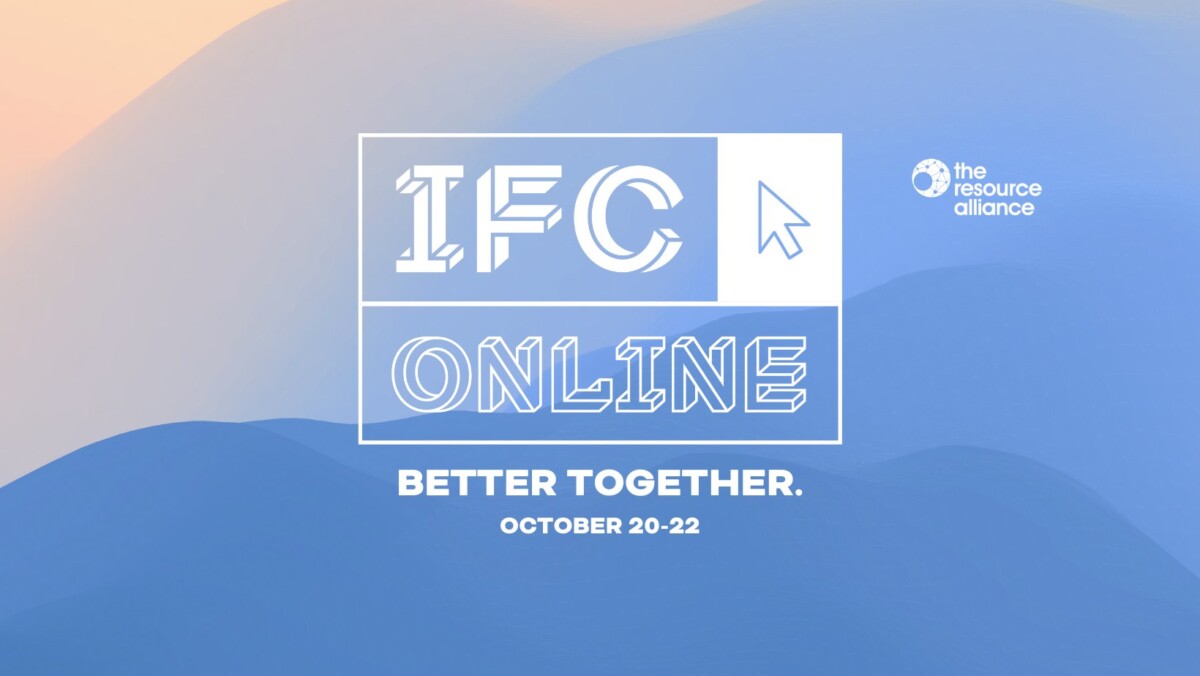Why I’m really looking forward to go to IFC
Well, hello fundraisers in the UK and thank you to Howard Lake at UK Fundraising for the opportunity to write this blog. I’m a fundraiser in the Czech Republic and I’m going to the International Fundraising Congress later this month.
This is a great international event – I can’t wait to get there and share knowledge with and meet people from all over the world. And with this blog I hope that I can share some thoughts on European fundraising with colleagues in the UK.
I come from the Czech Republic where fundraising is developing quite fast but a lot of knowledge and experience is still unavailable. For example, I recently went to a fundraising workshop led by an American expert. It was one of very few opportunities to know other fundraisers, get new skills and share experience within our country. I knew hardly anyone in the room. When the lecturer asked us how long we had been working as fundraisers, the majority of people said that less then one year. Only three of us had more than five years experience.
As far as I know last the fundraising conference was organised here three years ago. Few of the fundraisers I met there are still in the profession. So it is no surprise that having an experienced fundraiser sounds to most Czech NGOs almost as a miracle.
Fundraising staff turnover
Due to high staff turnover and related lack of fundraising experience many Czech NGOs are still heavily dependent on state and EU funding. They jump from project to project and haven’t time nor money to be spent on the development of the organisation. Although some of them have successful corporate programs, and a few individual programs, most money is raised through pitching project proposals to public budget.
On the other hand the Czech economy is growing steadily and statistics shows that a culture of philanthropy is developing quickly. Ministry of Finance records of tax-deducted donations show that between 2000 and 2006, the amount of money donated by individuals doubled, and by corporations it tripled.
Those few NGOs that can afford the luxury of a full-time fundraiser are learning quite fast. I receive more and more direct mails from different charities, I am often invited to fundraising events; streets are occupied by volunteers raising money for public collections and competing with pioneers of direct dialogue. SMS fundraising is very popular and earns millions especially for humanitarian charities. (I’ll tell you more about successful SMS campaigns next time).
We are learning by doing
So we are learning by doing and gradually getting the knowledge how to find donors. But next steps – relationship building and cultivation, donor engagement, upgrade techniques etc. – are terra incognita. And that’s why I hope that visiting IFC can help me a lot in accomplishing the challenging goals of our organisation.
I work as development director at the VIA Foundation and last year we started to build our endowment actively. The property of Czech foundations was nationalized in the 50s by the Communist regime so all Czech foundations had to start from scratch in the 90s. The new government gave foundations a kick-start with endowment money (1% from privatisation was reserved for foundation endowments) but it is far from enough to be a significant income source for NGOs.
At VIA, we know how to work with foreign foundations. We are learning fast how to work with corporations. But fundraising from wealthy individuals and especially endowment building is a new thing. With my background in Greenpeace, I believe fundraising from individuals can be highly effective. I am starting a major donor program at the moment. The problem is that I am not sure how to start that nor does anyone else in this country. I believe that visiting the IFC is an amazing chance to find it out. So see you there soon.
Advertisement




